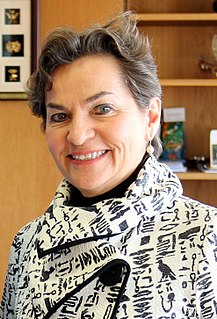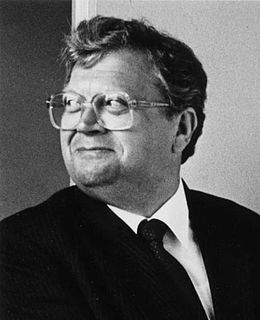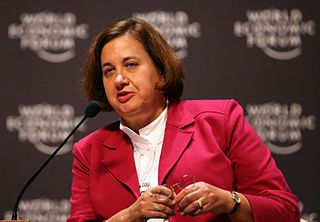A Quote by Ed Davey
I am one of those from the green movement who recognises the low carbon benefits of nuclear generation.
Quote Topics
Related Quotes
Thing that we wanted to do was redefine what a green job was, what a climate job was. We said: "Wait a minute. There's all these people out there who are doing low-carbon work." It's not just guys in hard hats putting up solar panels. Teaching is low carbon. Caring for the sick is low carbon. Daycare is a green workplace. Overwhelmingly, this is work that is done by women, overwhelmingly women of color, on the frontlines of austerity clawbacks.
We have been developing an ever closer relationship with China on climate change for many years which has led to collaboration on carbon trading, offshore wind development, on low-carbon buildings, on nuclear energy, and on carbon capture and storage - to name just some of the ways in which we're working together.
New Zealand’s nuclear free movement is a broad-based and popular movement. Our nuclear free status is a challenge to much that is accepted as orthodox in international relations. It was formally adopted in the cold war era as a form of resistance to the dismal doctrines of nuclear deterrence. It is still a rebuke to the unprincipled exercise of economic power and military might.






























